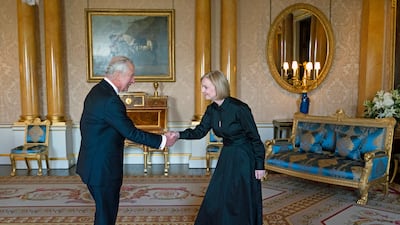The UK is entering a new era, with King Charles III as monarch and Prime Minister Liz Truss at the helm, and the country’s standing in the world is in the spotlight.
World leaders gathered in the UK last Monday to bid Queen Elizabeth II farewell and with her the Elizabethan Age that marked modern Britain. Now questions abound about how the country will cope with these major changes.
Brexit is a political reality and economic woes are plunging sterling into turmoil, so how the UK interacts with the world is of particular consequence.
As Foreign Secretary James Cleverly sets his foreign policy vision, the views of the British people on foreign policy are ever more important. Therefore, The National decided to conduct a nationwide poll, along with Deltapoll, to understand how Britons view their country’s place in the world and what their foreign policy priorities are.
The fallout of Brexit is still being felt, with a majority of respondents feeling that it has not worked out as they had hoped, and 56 per cent preferring stronger ties with the EU.
Other findings in the wide-ranging exclusive poll are:
- A majority (62 per cent) said that relations with the Arab world must be maintained or improved.
- A majority (52 per cent) of the British public do not have confidence in Liz Truss to perform at the highest levels as a world leader.
- A majority (56 per cent) said the UK had done enough to help Ukraine, while 76 per cent backed the imposition of sanctions on Russia for its actions.
- A majority (78 per cent) backed global action to address the Europe-wide energy crisis.
- A majority (54 per cent) wanted the UN to lead efforts to resolve the Ukraine war.
- A majority (54 per cent) agreed that Iran posed a nuclear threat to the UK and the world.
- Nearly half (48 per cent) believed Scotland would no longer be part of the UK by 2050.
Conducted after the passing of Queen Elizabeth and with a new prime minister in 10 Downing Street, the poll seeks to highlight key foreign policy issues. These particularly regard the ensuing energy crisis, the Ukraine war and the prospects of the failure of the resumption of the Iranian nuclear deal.
With a random sample of more than 2,000 Britons, what emerges is a picture of immediate concern when it comes to the energy crisis. Seventy-one per cent of respondents say that given a choice between energy security and climate action priorities, the former should take precedence.
While touching on significant issues, this is not an exhaustive poll. Issues such as relations with China and the impact of technology were not tackled and are of paramount importance. However, the aim was to understand Britons’ view of the most pressing issues facing them, in addition to their interaction with the Middle East.
The UK remains one of the most significant trading and military partners for the Arab world. The Gulf region represents the seventh-largest export market for the UK; more than 85 per cent of UK exports to the Gulf come from SMEs run by Britons from all walks of life.

Improving ties with the Gulf countries means improved trade ties and economic opportunities. A plurality of Britons, 62 per cent, wish to either maintain ties with Arab countries or improve them.
This is a sentiment that highlights the importance of the UK continuing to advance its relations with the region. And The National will continue to follow the story of that relationship and all the other issues covered by the poll.
Below is the full list of questions and results of the poll:
UK politics

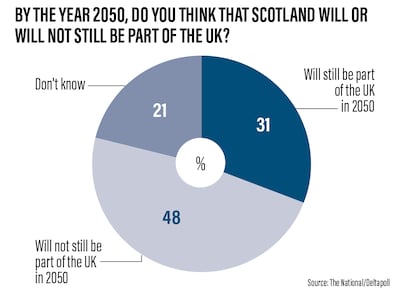

United States



Brexit
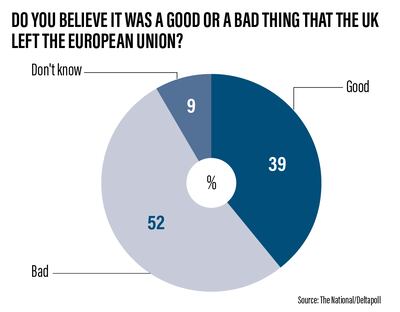


Ukraine





Iran
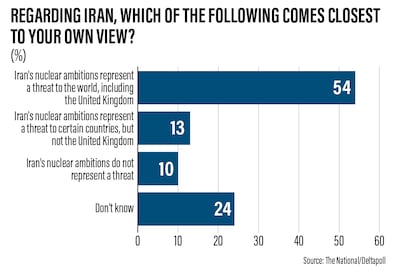
Climate change

Afghanistan
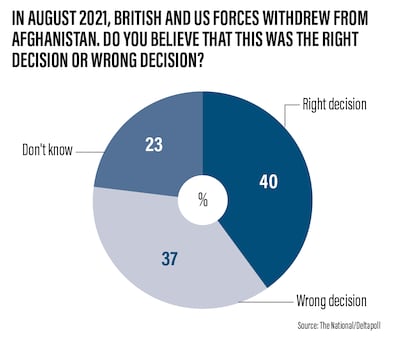

Terrorism

Overseas development

